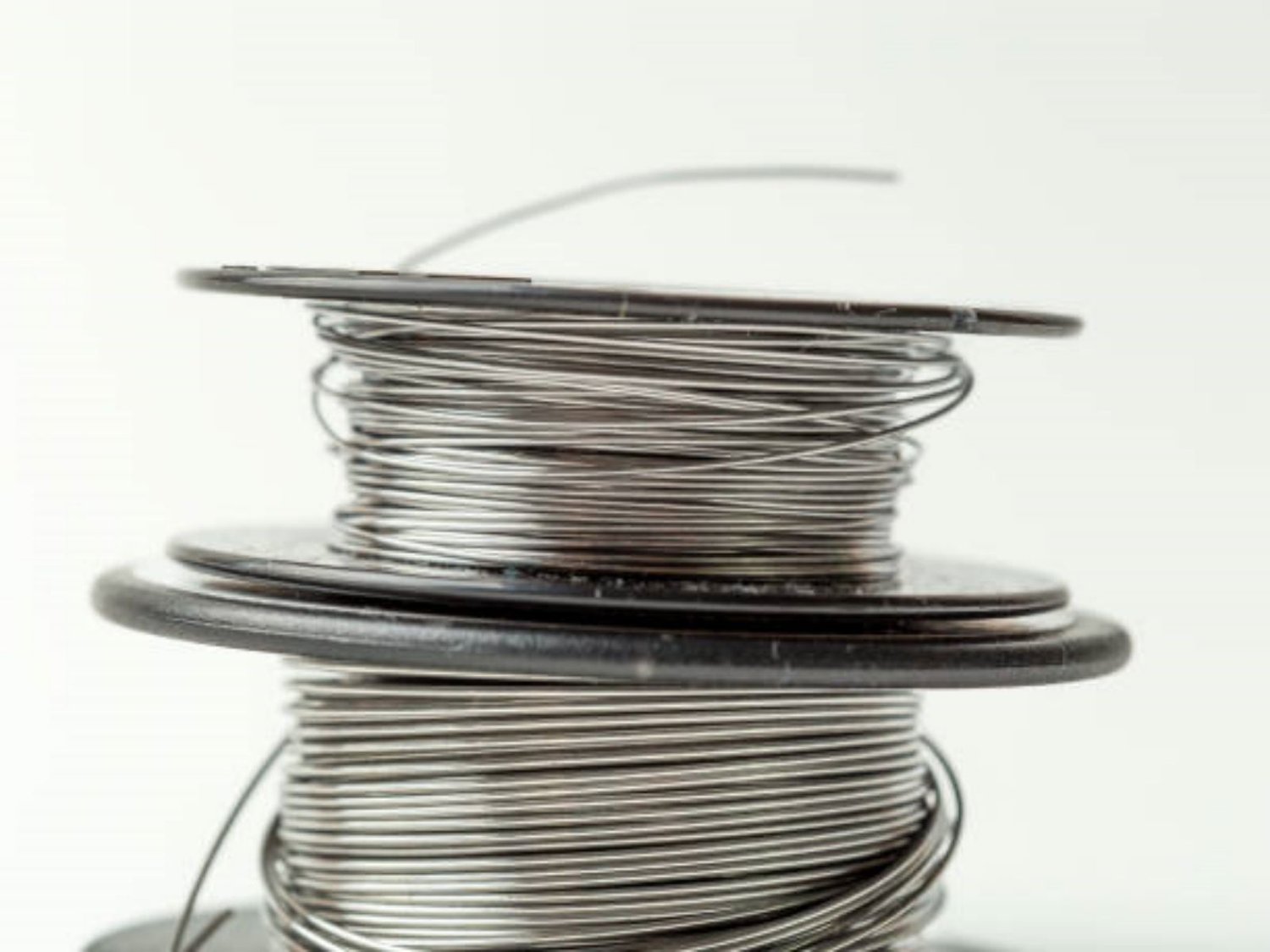Table of Contents

Medical Titanium Wire vs. Conventional Materials in Medical Applications
Introduction
Medical advancements have revolutionized the field of healthcare, allowing for improved treatments and better patient outcomes. One such advancement is the use of medical titanium wire, which offers several advantages over conventional materials in various medical applications. In this article, we will explore the benefits of medical titanium wire and compare it to conventional materials commonly used in the medical industry.
1. Lightweight and High Strength
Medical titanium wire is renowned for its exceptional strength-to-weight ratio. It is significantly lighter than conventional materials such as stainless steel or cobalt-chromium alloys, making it an ideal choice for medical applications. The lightweight nature of titanium wire reduces the overall weight of medical devices, allowing for easier handling and improved patient comfort.
2. Biocompatibility
One of the primary reasons why medical titanium wire is widely used in various medical applications is its excellent biocompatibility. Titanium is a biologically inert material, meaning it does not react with bodily fluids or tissues. This property reduces the risk of adverse reactions, inflammation, or rejection by the human body, making it suitable for long-term implants or surgical instruments.
3. Corrosion Resistance
Unlike conventional materials, medical titanium wire exhibits exceptional corrosion resistance. This property is particularly crucial in medical applications as it ensures the longevity and reliability of implants or surgical tools. The corrosion resistance of titanium wire allows for better patient outcomes and reduces the need for frequent replacements or repairs.
4. Flexibility and Shape Memory
Another advantage of medical titanium wire is its remarkable flexibility and shape memory. Titanium wire can be easily bent, twisted, or shaped without causing any significant damage or compromising its structural integrity. This characteristic is particularly valuable in orthopedic applications, where implants need to conform to the contours of the human body.
5. MRI Compatibility
Medical titanium wire is MRI (Magnetic Resonance Imaging) compatible, unlike certain conventional materials. MRI scans are commonly used for diagnostic purposes, and the compatibility of titanium wire allows patients with titanium implants to undergo these scans without any issues. This compatibility enhances the versatility of medical titanium wire in various medical applications.
6. Reduced Risk of Allergies
Conventional materials, such as nickel-based alloys, can cause allergic reactions in some individuals. Medical titanium wire, on the other hand, is hypoallergenic and has a lower risk of causing allergies or sensitivities. This makes it an excellent choice for patients who are prone to metal allergies or have a history of allergic reactions to other materials.
7. Enhanced Osseointegration
Osseointegration is a critical factor in the success of dental and orthopedic implants. Medical titanium wire promotes enhanced osseointegration, which refers to the direct structural and functional connection between living bone and the surface of the implant. This property allows for better stability and long-term success of the implant, improving patient outcomes.
8. Cost-effectiveness
While medical titanium wire may initially seem more expensive than conventional materials, it offers long-term cost-effectiveness. The durability and resistance to corrosion of titanium wire reduce the need for frequent replacements or repairs, ultimately resulting in cost savings over time. Additionally, the lightweight nature of titanium wire can also minimize shipping and handling costs.
9. Wide Range of Medical Applications
Medical titanium wire finds applications in various medical fields, including orthopedics, dentistry, cardiology, and neurology, among others. Its versatility and compatibility with different medical procedures make it a preferred choice for many healthcare professionals. From dental implants to spinal fixation devices, medical titanium wire has revolutionized the way certain medical procedures are performed.
10. Future Innovations and Research
As technology continues to advance, ongoing research and innovations in medical titanium wire are expected. Scientists and engineers are constantly exploring ways to further improve the properties and applications of this remarkable material. These ongoing developments will undoubtedly lead to even more breakthroughs in the field of medical applications, benefiting patients worldwide.
